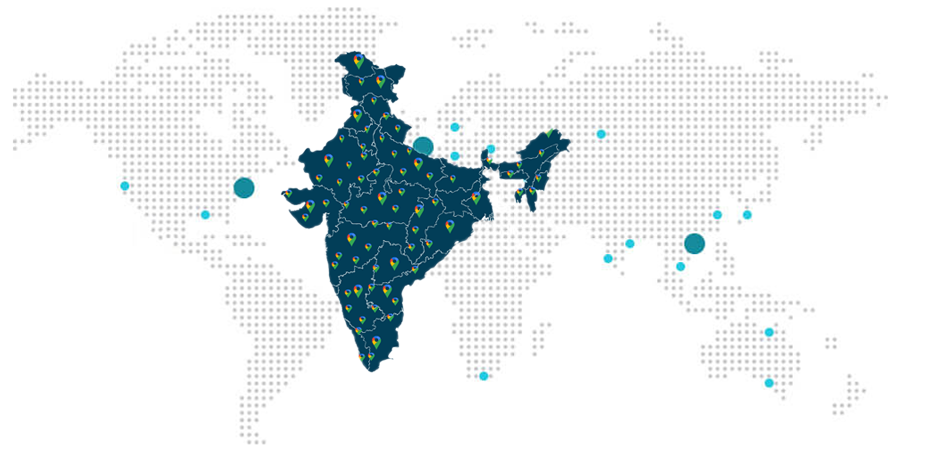Ways and Means through which NRIs can Avoid Double Taxation
We often associate the word ‘double’ with something positive. For example, double the fun, double the income, double the profit, etc. However, the reverse could be as heartbreaking for people. For example, the prospect of paying taxes two times for a single income (double taxation) can fill us with us dread and grief. This is not surprising as anyone would feel bad if he or she is forced to pay taxes at two places on a single income.
What is Double Taxation?
People who are moving outside India to find meaningful working opportunities in other countries have to pay taxes in that country according to extant tax laws of that country. However, there may be a majority of such people who have made certain investments in their home country, India. This makes them liable to pay income tax on income made from such investments in India. To put it in layman terms, you earn ‘X’ in the US and pay taxes in that country. You earn INR’Y’ in India and pay taxes on that amount in India. This is a simple rule that everybody finds acceptable and within the means of reason and sense.

There is a cause of concern, however, when the person is taxed twice in two different countries on a single income.If a person is resident of one country( X for example) but his income originates in another country(Y for example),the poor fellow is forced to pay taxes in both the countries X and Y. In other words, he is a victim of Double Taxation. Double taxation as the name implies refers to the provision of a person being taxed in two countries for the same income.
How can NRIs Avoid Double Taxation?
The way out is to make use of the provisions of the Double Taxation Avoidance Agreement (DTAA), a tax treaty India has signed with many countries. Such Tax treaties ensure that the same income is not taxed twice.The purpose is to promote and foster economic trade and investments between two countries. The treaty can apply to two or more countries and can therefore termed to be either unilateral or bi-lateral. India has entered into tax treaties with a hundred-odd countries, including US, UK, Canada, Australia and Germany, which are popular destinations for the Indian diaspora.
Double Taxation is avoided in three ways
Exemption Method: The country in which a person resides does not charge taxes on the income earned in another country. What it means is that income is taxed in only one of the two countries. I.e. the tax residence country concedes a foreign assessment credit for the taxes paid in the other nation.
Deduction method: According to this method, Tax paid in the country of source is subtracted from the Global income and then income tax is paid on the amount left after deduction.
Credit method: The country of tax residence grants a foreign tax credit for the taxes paid in the other country. A deduction is allowed from its own taxes for taxes paid in country where income was earned. There are a few variations of the Credit method:
What Clients Say

Prakash Verma


Praveen Chauhan


Pradeep Kochhar

Blogs
In today's dynamic business landscape, navigating through various regulatory requirements and financial obligations can be... Read More
FinacBooks is a reliable platform that helps business owners in getting verified leads. It offers various services and solutions that can... Read More
Starting a new business in India requires several legal procedures, paperwork, and timely compliance with regulatory authorities. Company... Read More








